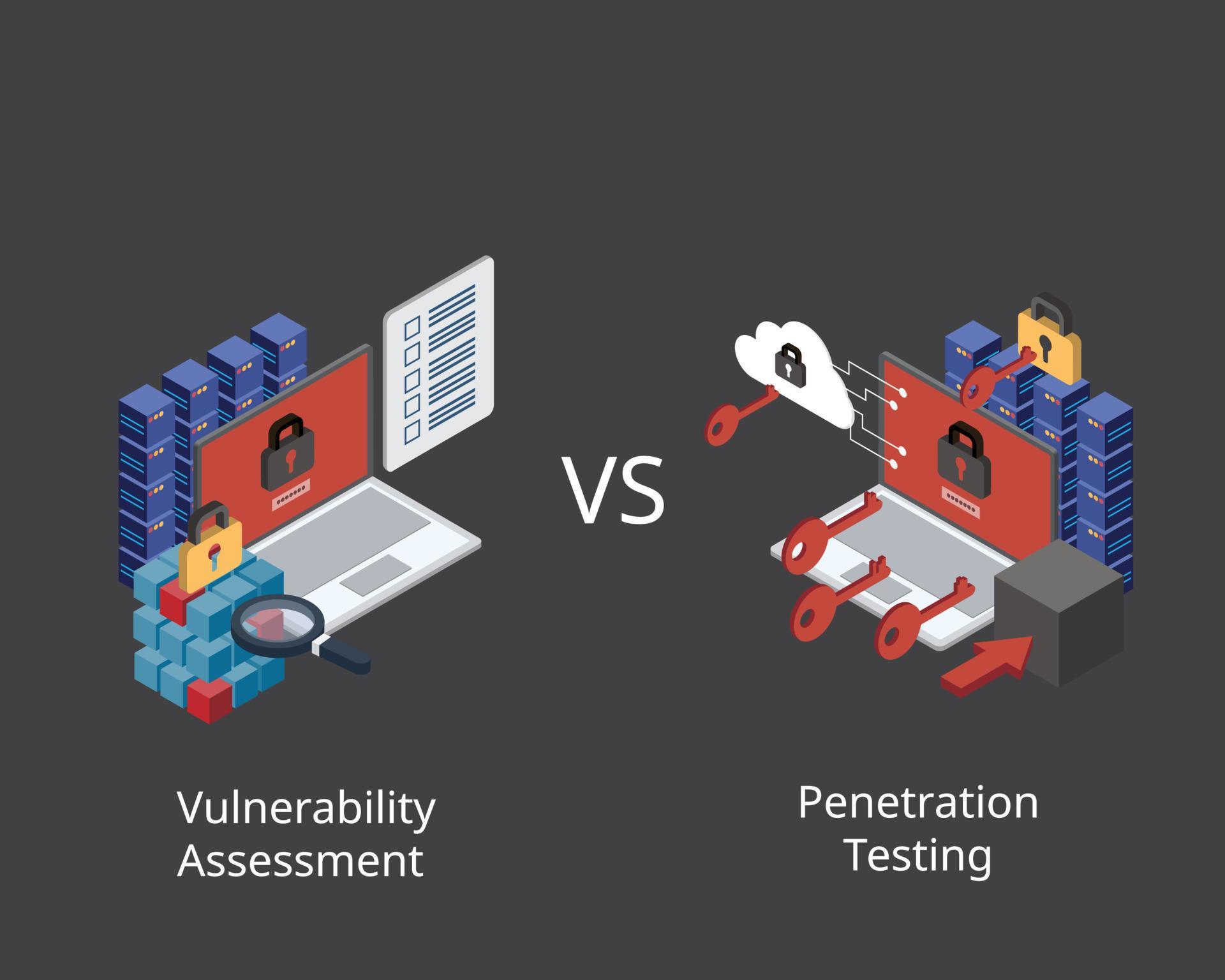CodeRabbit RCE: A Close Call for Open Source Security

An RCE vulnerability in CodeRabbit allowed potential unauthorized write access to over 1 million repositories. Security audits and penetration testing are crucial to prevent such breaches.
Imagine a scenario where a single vulnerability could grant unauthorized write access to over a million code repositories. Sounds like a plot from a cybersecurity thriller, right? Well, it almost happened with CodeRabbit, an AI-powered code review tool. Let's dive into the details of this close call and what it means for the world of open-source security.
What Happened? The CodeRabbit RCE Vulnerability
Recently, security researchers at Kudelski Security discovered a Remote Code Execution (RCE) vulnerability in CodeRabbit. In simple terms, an RCE vulnerability allows an attacker to execute arbitrary code on a server. In this case, it could have enabled malicious actors to modify code in repositories connected to CodeRabbit. The vulnerability stemmed from how CodeRabbit processed code reviews, specifically how it handled certain inputs. By crafting a malicious pull request, an attacker could potentially gain control and write access.
The potential impact was huge. CodeRabbit integrates with numerous repositories, and a successful exploit could have led to widespread supply chain attacks, injecting malicious code into countless projects. Think of it as a digital pandemic waiting to happen. What makes this particularly scary is the possibility of injecting subtle backdoors that could remain undetected for extended periods.
The Response and Remediation
Fortunately, the vulnerability was responsibly disclosed, and CodeRabbit's team acted swiftly. According to Kudelski Security's report, CodeRabbit immediately began remediation, starting by disabling Rubocop (a code analysis tool) until a fix was in place. They also rotated all potentially impacted credentials and secrets within hours. This rapid response was crucial in preventing widespread damage. The incident underscores the importance of having robust incident response plans and the ability to act quickly when vulnerabilities are discovered.
Why This Matters: Software Supply Chain Security
This incident highlights the growing importance of software supply chain security. As we rely more and more on third-party tools and libraries, the risk of vulnerabilities being introduced through these dependencies increases. It's no longer enough to secure your own code; you need to ensure the security of everything you depend on. This means rigorous security audits, penetration testing, and continuous monitoring.
Think about it: how many libraries and tools does your project depend on? Have you audited their security? Are you confident that they are free from vulnerabilities? These are the questions we need to be asking ourselves regularly.
My Take: A Wake-Up Call
In my opinion, the CodeRabbit RCE vulnerability serves as a wake-up call for the entire software development community. It's a reminder that even the most sophisticated AI-powered tools are not immune to vulnerabilities. It reinforces the need for continuous vigilance and proactive security measures. While CodeRabbit's quick response is commendable, the incident underscores that security should be a top priority from the very beginning, not an afterthought. I believe that increased collaboration between security researchers and software vendors is essential to identify and address vulnerabilities before they can be exploited.
What do you think? How can we collectively improve software supply chain security and prevent similar incidents in the future?
